Thanks to CardZlol and IcePhoenix for the lander's legs, and FrenchStacks for the terminal descent guidance!
MBML, paving the way for the next generation of Mars exploration, with an extensive suite of metrological and biochemical instruments. With the most advanced environmental measuring instruments, MBML will serve as the best Martian weather station to date. As a secondary objective, MBML is to search for the potential environmental conditions that could still support life on the red planet by subjecting a group of extremophile bacteria to the challenges of the Martian surface. MBML also builds on the previous CheMars orbiter to relay communications to Earth, as well as get a wider view of the chemistry of Mars' surface.
MBML has the internal systems required to land itself, no outside input required.
Science payload
KRINC - Kryptobiotic Resilience in INhospitable Conditions
Studying extremophiles in Mars' conditions
MATCH - Mars Atmosphere Telemetry and Chemical Highlighting
Wind sensor, Humidity sensor, Radiometer, UV sensor, Dust particle detector
EDA - Environmental Dynamic pressure Analyzer
Pressure sensor
LIBERTY - Laser Induced Breakdown of Exolithospheric Regolith and Targeted light Yield
LIBS and main camera
Manipulator arm instruments:
MaRCD - Mars Regolith Coring Drill
RIVES - Raman Infrared-Visible Exotic chemical Spectrometer
MRCISC - Mass spectrometer for Rapid Categorization of Intriguing Sample Candidates
OVIR - Organics identification Via the InfraRed spectrum
Controls
(in order of activation)
AG9 - Cruise stage solar arrays
AG2 - Primary MBML systems (Mast, HGX-band)
AG1 - Lander solar arrays (activate after AG2)
AG4 - Secondary systems (EDA, Drill)
Slider 4 - Drill speed
Mast camera controls
Yaw - left/right movement
Pitch - up/down movement
Roll - LIBS laser
Throttle (once landed) - Main camera zoom
To land MBML you only need to put it on a trajectory taking it about 10-20km over the Martian surface, the Entry, Descent, and Landing is automated.
There are certain things required for integration into a launch vehicle. You first have to drag the command chip into the upper left corner of the editor upon downloading the craft. After loading a craft you would like to integrate MBML into, you should add an adapter to the payload. In addition to this you can not use MBML in career as this heavily relies on tinkering. You are free to use MBML for whatever you desire, however in the case it is used in media we would like Void Aerospace to be credited.
If you have any concern or question you are welcome to ping @VoidAerospace on the JNO Discord server.
Thank you for choosing us for your space exploration!
GENERAL INFO
- Created On: Windows
- Game Version: 1.3.204.1
- Price: $3,523k
- Number of Parts: 1537
- Dimensions: 4 m x 5 m x 5 m
PERFORMANCE
- Total Delta V: 9.4km/s
- Total Thrust: 146kN
- Engines: 19
- Wet Mass: 4,953kg
- Dry Mass: 4,514kg
STAGES
| Stage | Engines | Delta V | Thrust | Burn | Mass |
|---|---|---|---|---|---|
| 1 | 1 | 8.1km/s | 0N | 36.27years | 4,953kg |
| 5 | 9 | 1.2km/s | 15kN | 2.5m | 2,312kg |
13 Comments
- Log in to leave a comment
-
-
-
-
693 TheD3n3 months ago
@NebulaSpaceAgency Holy sh1t, is that you? I saw your loading screen. Sorry for the bad language, I'm from Russia and I'm using a translator.
-
-
-
382 Rocketnerd20253 months ago
@VoidAreospace would you like to make a payload for my rideshare program? Please? It can either be 24” for a main payload, 10” for a smaller payload or 1m for a LEO main sattelite with no kick stage.
-
-
-
-
-
9,442 BeaconIndustries3 months ago
I pressured you so much that you release fast lol @VoidAerospace

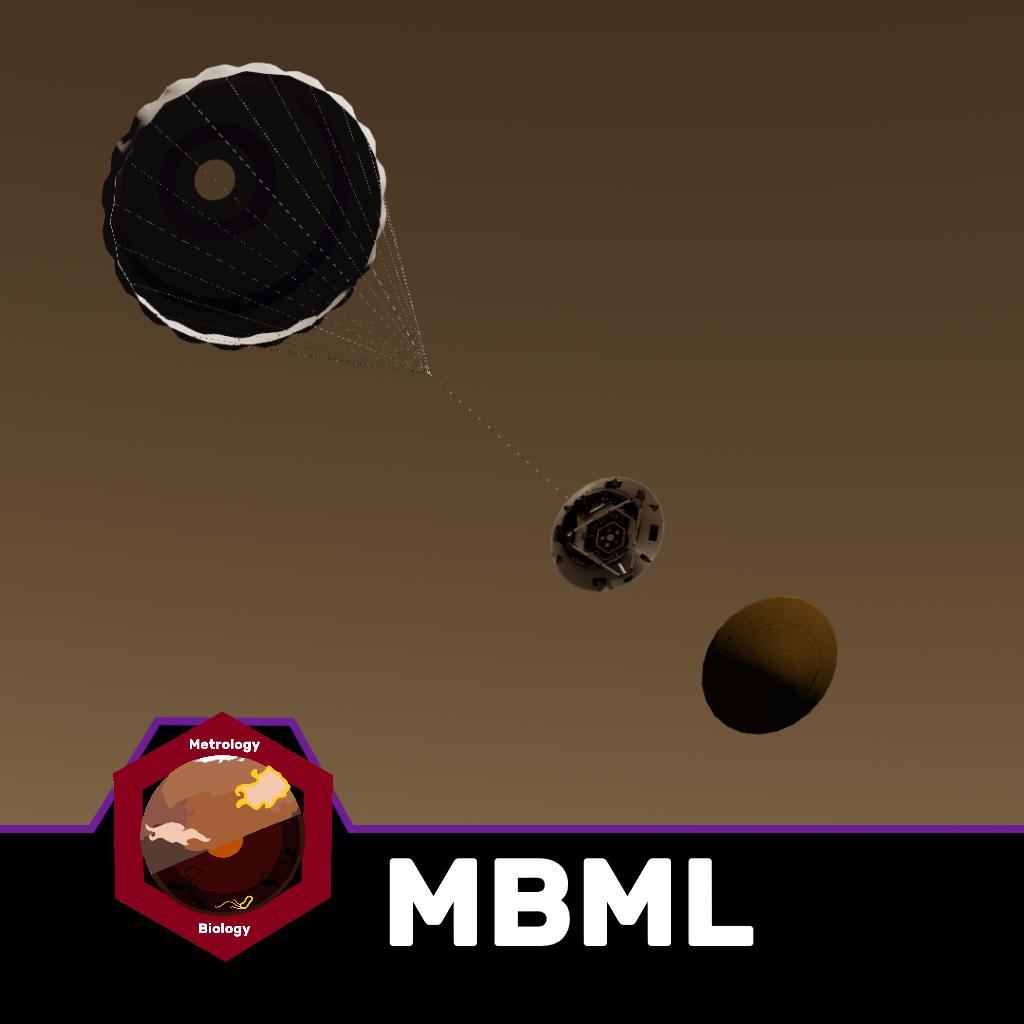
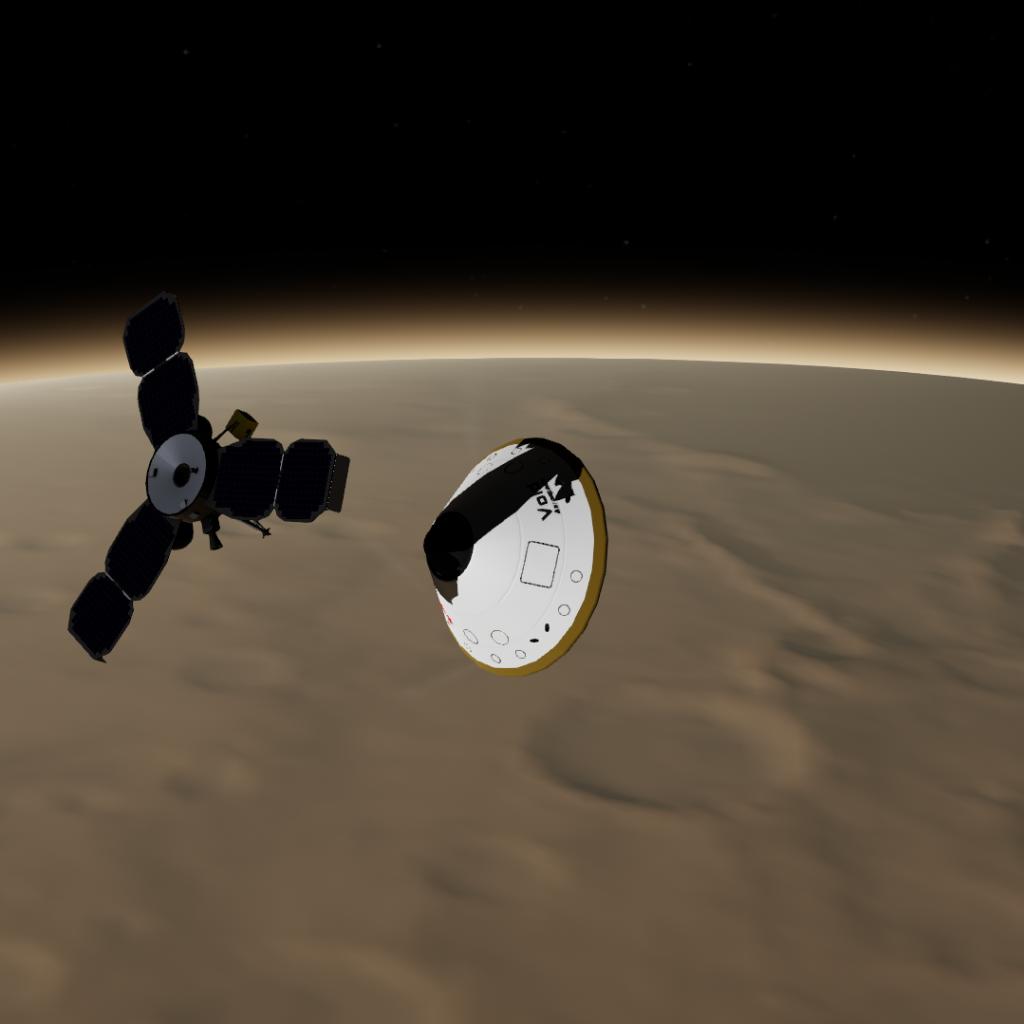
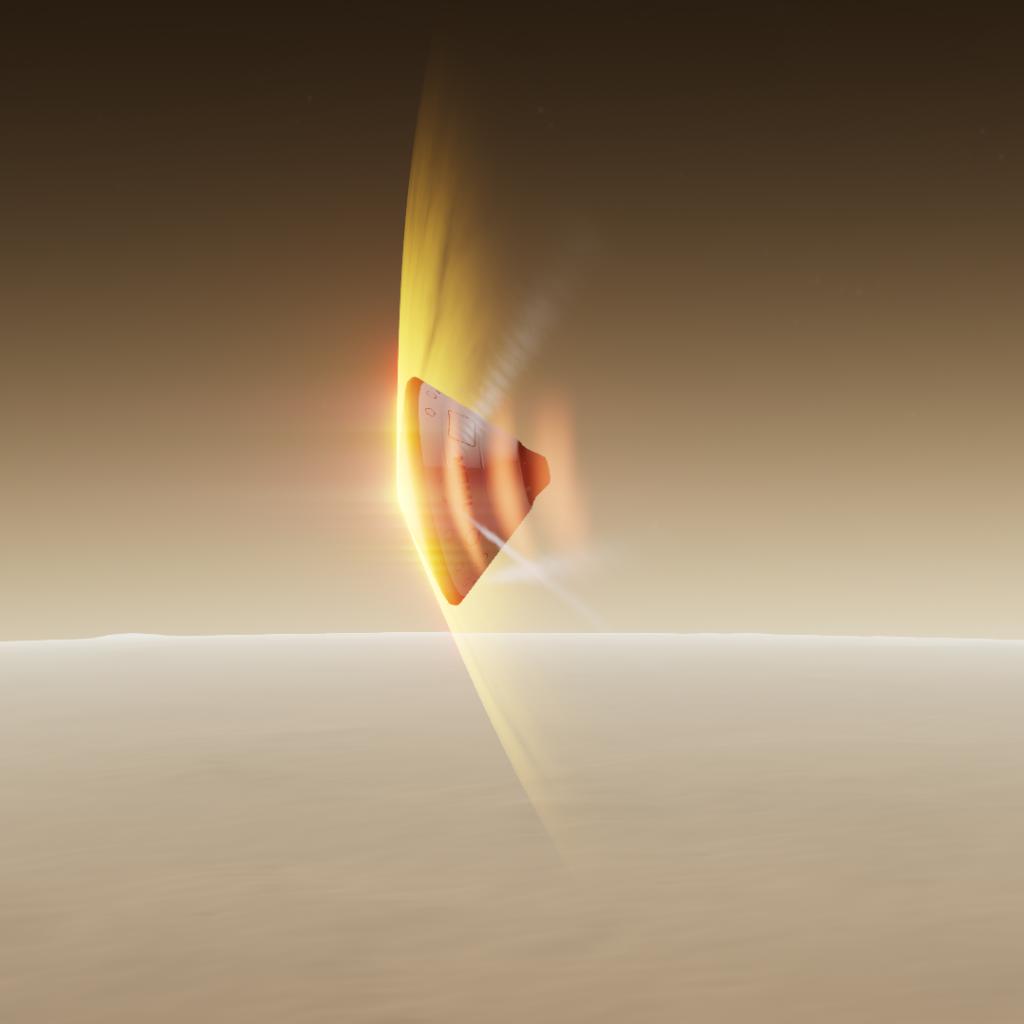
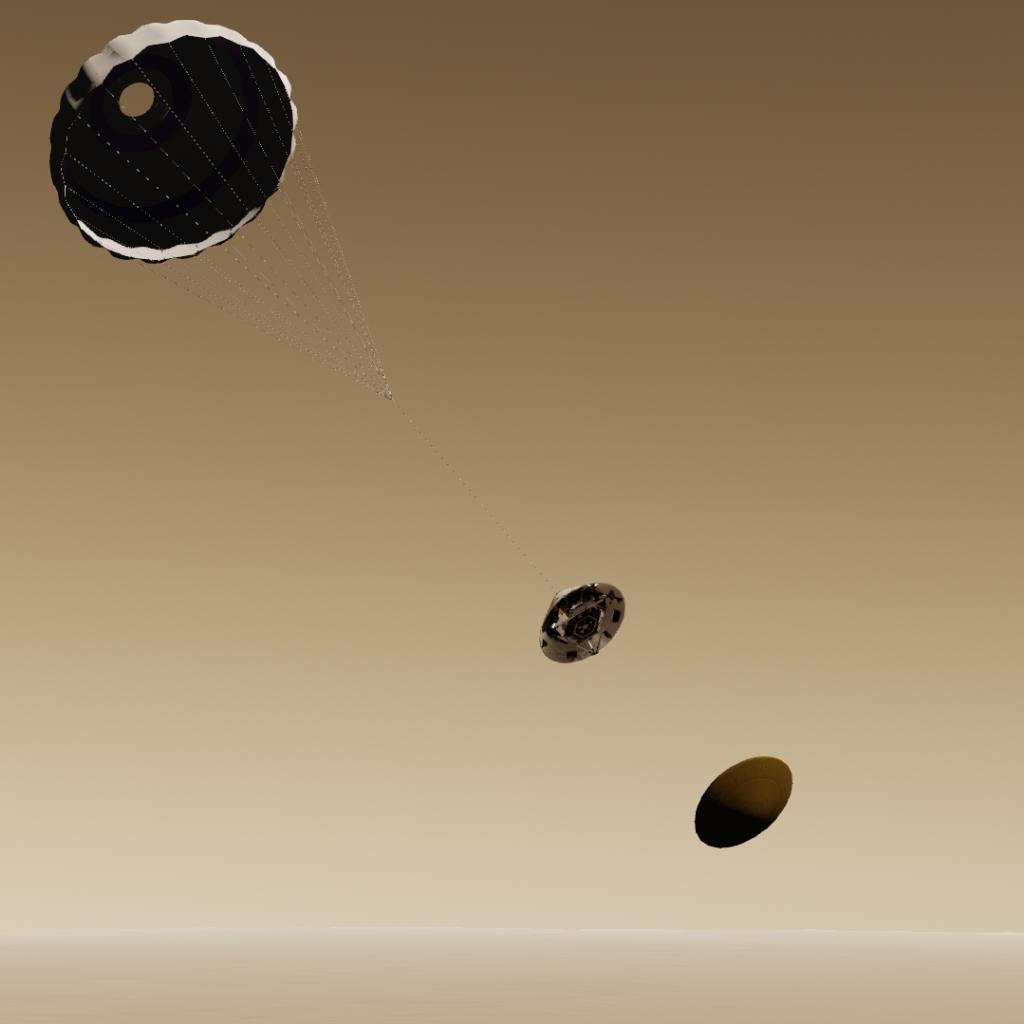
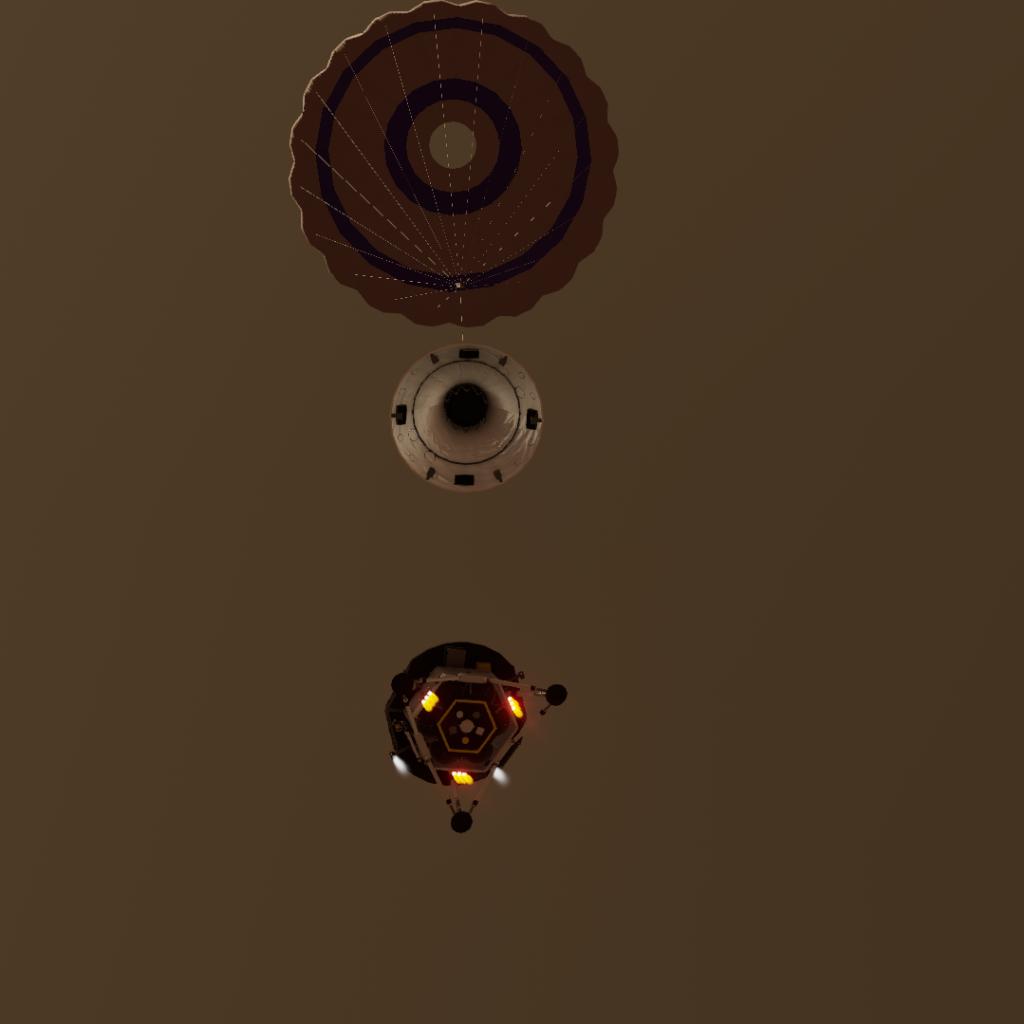
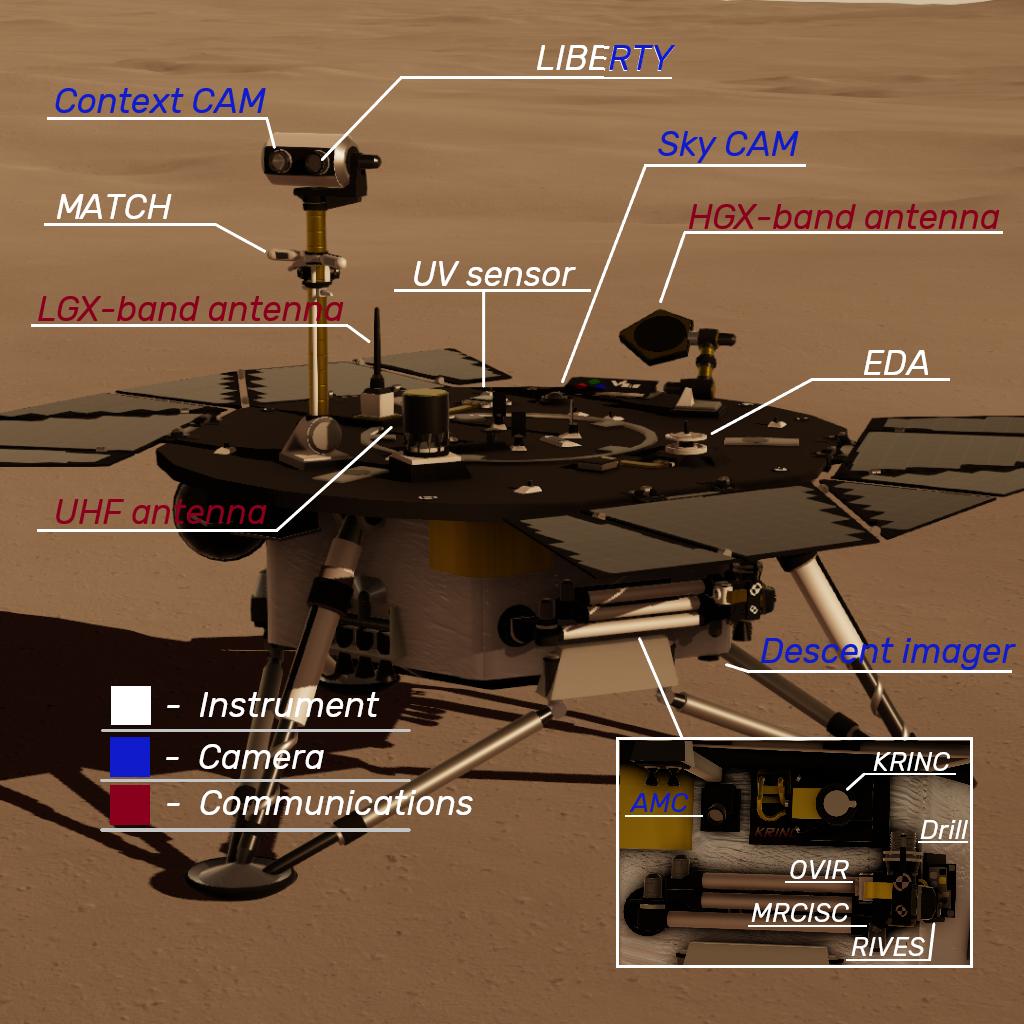
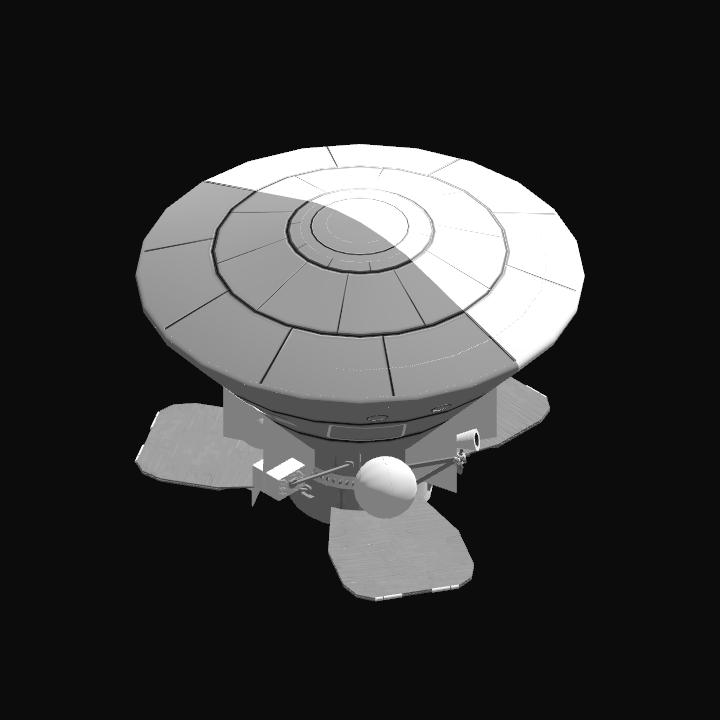
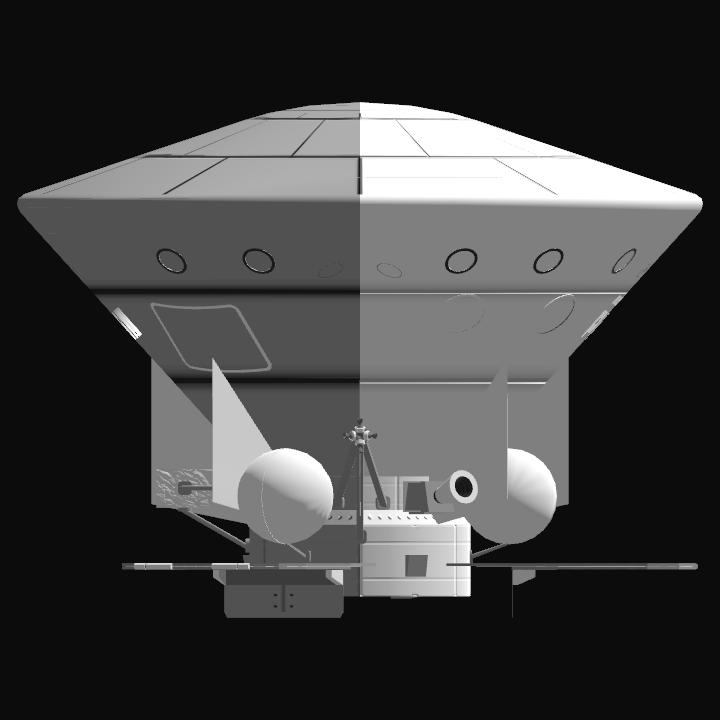
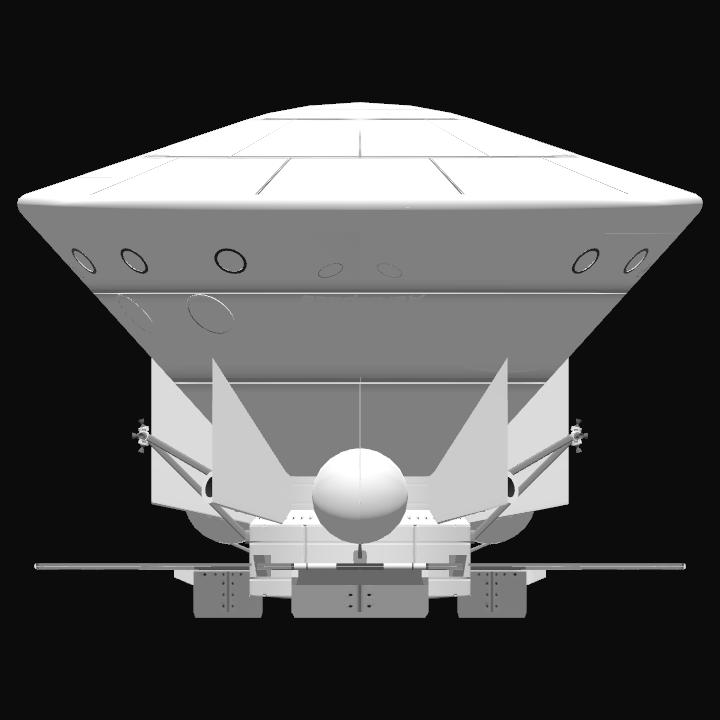
Is it possible that we can collaborate on flying missions I have the rocket you have the payloads